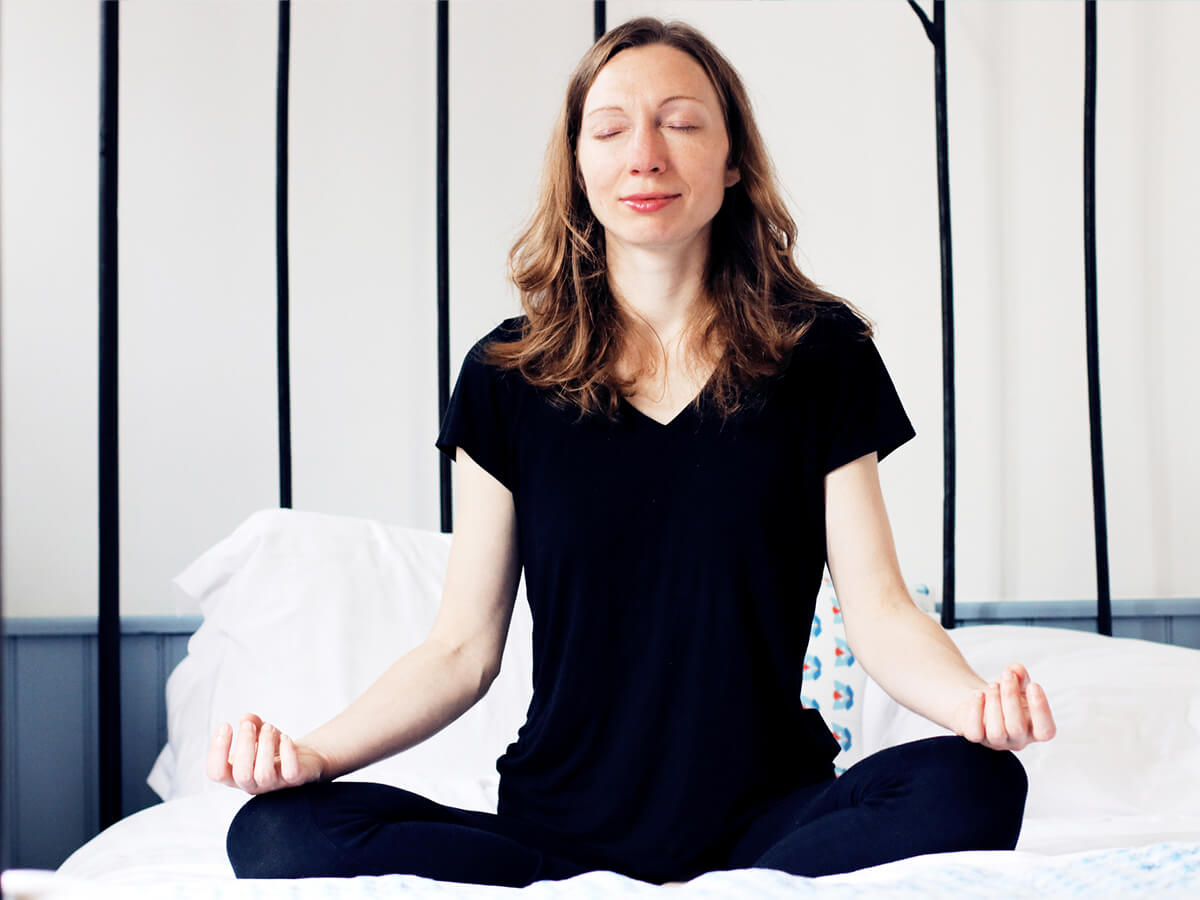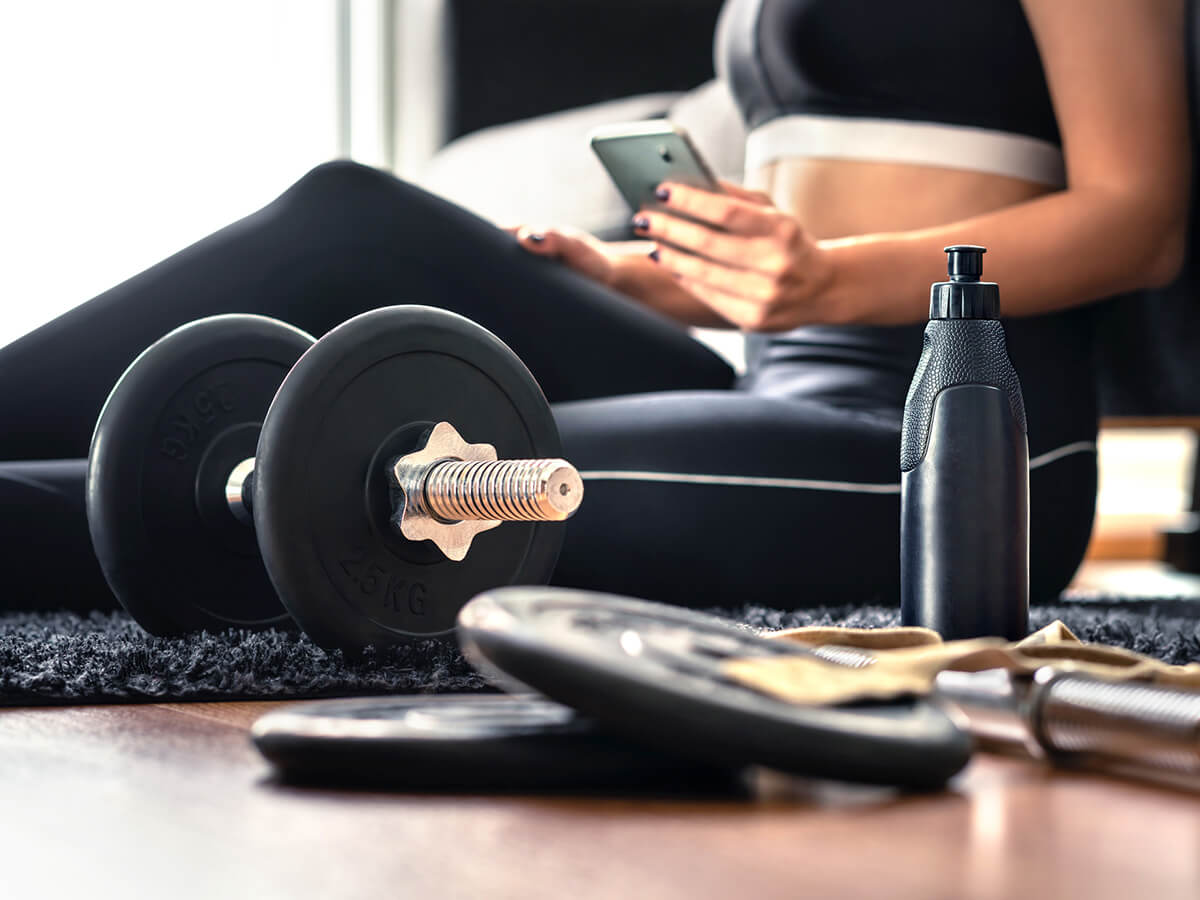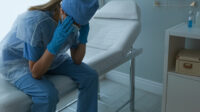A July 2020 Kaiser Family Foundation poll found that 53% of Americans have suffered some mental health issues related to the COVID-19 pandemic. Hospital-based nurses and doctors are particularly at risk. Stephanie Ruhle, a nurse at the University of New Mexico Hospital, in her MSNBC TV interview, confesses to feeling sad, angry, “overwhelmed and overrun.” Or in his October TV interview, this tearful ICU nurse At Saint Vincent’s Hospital in Billings, Montana confesses: “It’s killing me. I am broken. My colleagues are broken.”
Faced with high caseloads and an increasingly overburdened health system, this may seem like the wrong time–and you don’t have the time–to indulge in mental health or self-care practices. Or it may seem like clinicians’ self-care is a Band-Aid on a much deeper and longer-range problem.
However, even as they treat critically ill patients and comfort patients’ families, some clinicians have managed to find ways to care for their own wellness. Here are some self-care tips for healthcare workers battling COVID-19.
Five Self-Care Tips for Healthcare Workers
Journaling Heals Your Mind
 In 1986, Dr. James Pennebaker, a social psychologist at the University of Texas, started the first research on the benefits of expressive writing. Since then, over 300 studies have supported the evidence-based physical and emotional benefits of frequent, short journal entries. Also, in its recent article on pandemic-related stress and anxiety, the National Institute for Mental Health (NIMH) listed journaling as a key self-care tool. Handwriting yields extra cognitive benefits, and to get started, you need a notebook, a pen and, if needed, some writing prompts from The Journal of Expressive Writing.
In 1986, Dr. James Pennebaker, a social psychologist at the University of Texas, started the first research on the benefits of expressive writing. Since then, over 300 studies have supported the evidence-based physical and emotional benefits of frequent, short journal entries. Also, in its recent article on pandemic-related stress and anxiety, the National Institute for Mental Health (NIMH) listed journaling as a key self-care tool. Handwriting yields extra cognitive benefits, and to get started, you need a notebook, a pen and, if needed, some writing prompts from The Journal of Expressive Writing.
Increase Sunlight Exposure and Vitamin D
 For night-shift clinicians, exposure to natural sunlight may be tough or impossible. Also, researchers at the Pawling Institute at Oregon State University warn that, in many northern U.S. states, we don’t get enough wintertime sunlight to synthesize a healthy or optimal level of Vitamin D. Among other health risks, the Institute links lower Vitamin D levels with depression. Check your Vitamin D levels with your physician. If needed, change your diet or take a doctor-recommended Vitamin D supplement.
For night-shift clinicians, exposure to natural sunlight may be tough or impossible. Also, researchers at the Pawling Institute at Oregon State University warn that, in many northern U.S. states, we don’t get enough wintertime sunlight to synthesize a healthy or optimal level of Vitamin D. Among other health risks, the Institute links lower Vitamin D levels with depression. Check your Vitamin D levels with your physician. If needed, change your diet or take a doctor-recommended Vitamin D supplement.
Eat Good Food
 Food has a big impact on our moods. As caseloads increase, you may want to eat on the run or, off-shift, to indulge in comfort foods. But those carbohydrate-laden meals can set our bodies on a sugar rollercoaster. In her 2003 book, The Mood Cure, nutritional psychologist Julia Ross recommends increasing our pro-serotonin foods such as protein and healthy fats. She also recommends reducing caffeine intake and including at least four ounces of protein in every meal. Find more nutritional tips in this WebMD article, “What Is Your Gut Telling You?”
Food has a big impact on our moods. As caseloads increase, you may want to eat on the run or, off-shift, to indulge in comfort foods. But those carbohydrate-laden meals can set our bodies on a sugar rollercoaster. In her 2003 book, The Mood Cure, nutritional psychologist Julia Ross recommends increasing our pro-serotonin foods such as protein and healthy fats. She also recommends reducing caffeine intake and including at least four ounces of protein in every meal. Find more nutritional tips in this WebMD article, “What Is Your Gut Telling You?”
Practice Self-Care through Meditation and Mindfulness
 The National Center for Complementary and Integrative Health recommends meditation as a route to “improving psychological balance, coping with illness, and enhancing overall health and well-being.” For short, on-the-go meditations, the Northwestern University’s Center for Behavioral Intervention Technologies has developed a range of downloadable, free applications, IntelliCare apps. Or use websites like Fragrant Heart or the UCLA Mindful Awareness Research Center.
The National Center for Complementary and Integrative Health recommends meditation as a route to “improving psychological balance, coping with illness, and enhancing overall health and well-being.” For short, on-the-go meditations, the Northwestern University’s Center for Behavioral Intervention Technologies has developed a range of downloadable, free applications, IntelliCare apps. Or use websites like Fragrant Heart or the UCLA Mindful Awareness Research Center.
Perform Physical Exercise
 You may already have a gym membership or a home treadmill. A quick walk around your workplace parking lot can expose you to natural daylight. It can also enhance your physical and mental health. In one of his preventive-health explainer videos, Dr. Mike Evans, founder of the Reframe Health Lab, recommends 10 minutes of activity or exercise to enhance wellness, productivity and cognitive performance.
You may already have a gym membership or a home treadmill. A quick walk around your workplace parking lot can expose you to natural daylight. It can also enhance your physical and mental health. In one of his preventive-health explainer videos, Dr. Mike Evans, founder of the Reframe Health Lab, recommends 10 minutes of activity or exercise to enhance wellness, productivity and cognitive performance.
In late November 2020, the American Hospital Association (AHA), the American Medical Association (AMA) and the American Nurses Association (ANA) co-wrote an open letter to the American public. The professional associations plead with us to “follow the science and adhere to the public health steps we know work.”
The letter is a testimony to the daily challenges of present-day care delivery: “We are all weary,” they write.
We all hope for a break from this stress when COVID cases and death rates decrease. In the meantime, some self-care may help to ease the daily burden and protect your mental health.




